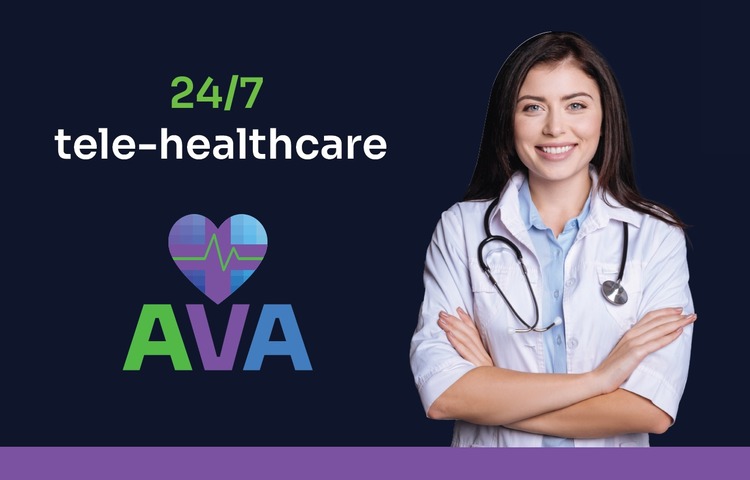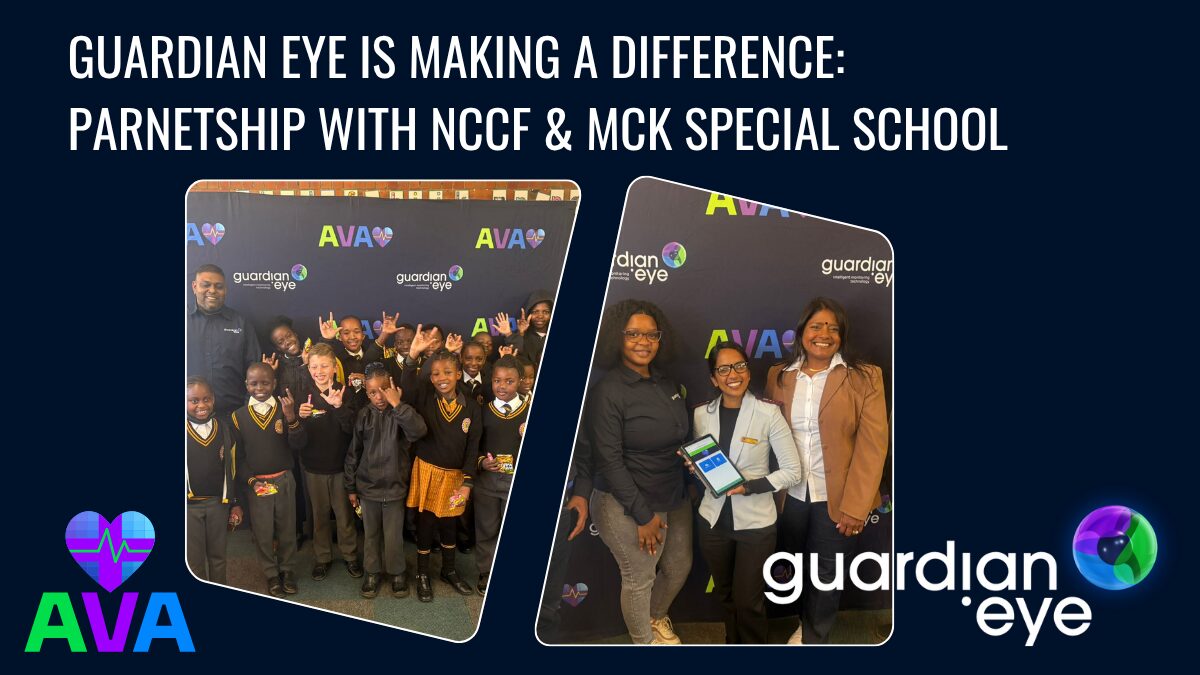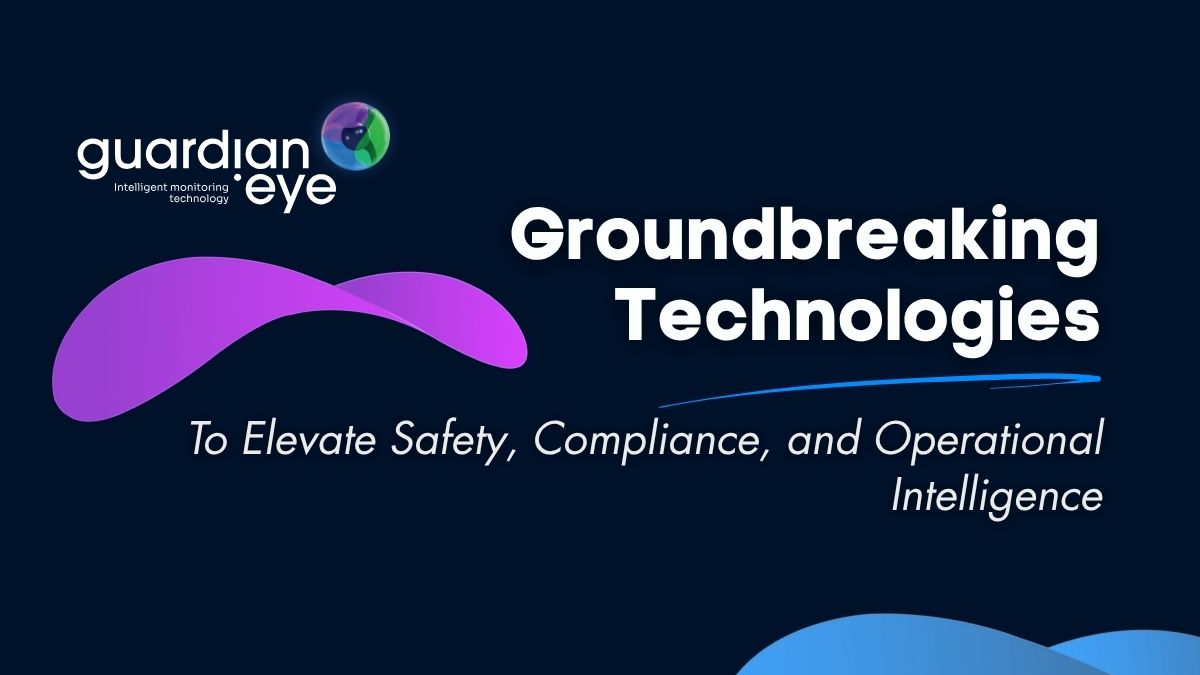JOHANNESBURG – In the context of a highly charged and challenging environment for doctors in South Africa, telemedicine is emerging as an attractive alternative route for young doctors seeking a sustainable career. Taking it a step further, offering telemedicine as a managed service to businesses not only improves employer and employee experience but also ensures a stable work environment for doctors, according to Guardian Eye MD Rodney Taylor.
Guardian Eye offers an asynchronous IoT medical device and telemedicine platform, known as AVA, to businesses in South Africa. According to Taylor, the managed service is designed to be affordable, accessible and available at any time. Through the growth of the service, and the host of pharmacies it empowers through a sustainable pipeline of medicine scripts, Taylor says the business is well-placed to gauge the current environment and needs of doctors and pharmacies.
“It’s a challenging environment out there at the moment for doctors. Many, who can, are leaving for other countries such as Canada, and if they aren’t currently in the process of moving, many are watching developments closely as they seek to protect their careers. However, going to Canada is not easy and an expensive exercise,” explains Taylor.
“On the other hand, there are many doctors who, once they finish their community service, can’t find work in the private sector, and as Health Minister Joe Phaahla has said this year, finding budget for doctors’ salaries in the public sector is proving to be a challenge. Starting a practice is out of reach for many as it involves bank loans, leases, staff hire, marketing, expensive health insurance and much more. Telemedicine as a managed service provides an alternative, sustainable and attractive career option for the country’s doctors,” he explains.
While many telemedicine providers around the world and in South Africa tend to be designed around a platform model, where doctors – often those with a few hours a day to spare – log on remotely when and if they are available, a managed service such as AVA requires its doctors and medical professionals to work on premise in Johannesburg.
“This is important when offering a fully managed service to businesses. Much like any other service, it is saying to businesses that the doctors are not only well-trained to be adept at virtual consultations, but are managed correctly to ensure efficient service delivery. For doctors, it provides an environment where they work alongside likeminded professionals in a positive and stable environment,” explains Taylor.
He says that when doctors apply to work at a managed service provider such as AVA, the process involves more than just signing up to a platform. He says: “We have an academy to train young professionals to become effective virtual doctors.”
Taylor says that it has become clear that small, independent pharmacies often struggle to keep the lights on in the current challenging situations. “Now, it can be anywhere in the country… if AVA services a large manufacturer, for example, with thousands of employees, it channels scripts to independent pharmacies in that area. And, through scale, the pharmacies can keep the average cost of scripted medicine down ensuring businesses and their employees get value for money.”
This means that much like other industries where technology has disrupted the status quo, the point is not just technology for technology’s sake, but to ensure that key challenges up and down the supply chain are addressed. “Essentially, what this technology has enabled is the democratisation of quality medical access, no matter where you are in the country.”



